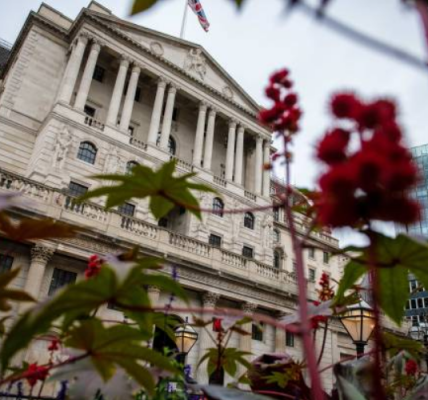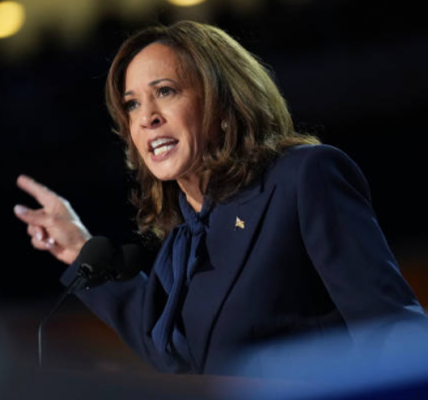Germany has recently taken a major turn in its economic policy, committing €500bil. to infrastructure spending and boosting its defence budget. For a country long known for fiscal restraint, this shift is significant. The move has already triggered the biggest jump in German bond yields since 1998 and strengthened the Euro against a weakening dollar. But why now? And what does this mean for global markets?
What’s Driving Germany’s Big Move?
For years, and especially since the financial crisis, Germany stuck to strict budget discipline, prioritizing low debt and limited public spending. But with Trump’s ‘America First’ stance—especially his apparent retreat from Ukraine—Germany (and Europe) are being forced to rethink its security and economic policies. The EU’s reliance on U.S. military protection has been criticized for a long time, and now, with uncertainty over U.S. commitments, Germany is stepping up. With a recent pledge of an additional €3bil. in spending to Ukraine (on top of the pre-proposed €4bil.) and the abolition of the defence spending debt brake, German sentiment against Russia remains strong. However, were Trump to abandon Ukraine entirely, this spending increase may prove futile, with total European aid to Ukraine only just equalling US levels, and with much US intelligence superior to their European counterparts.
This isn’t just about defence. It signals a broader shift in European strategy, where countries are realizing they need to take control of their own economic and geopolitical future. Touted as a ‘European wake-up call’, Trumpian protectionism should force EU member states to work more in tandem and increase efficiency, as reliance on the US can no longer be guaranteed.
Market Reaction & Investment Moves
Markets have reacted quickly. German equities have climbed, and the Euro Stoxx 600 has shown strong momentum. Defence stocks are surging, with investors piling into companies like Rheinmetall—Germany’s leading arms manufacturer—on expectations of higher demand from European governments and Ukraine. Infrastructure firms like Hochtief and Heidelberg Materials are also gaining ground as rebuilding efforts ramp up.
Investors generally see Germany’s spending as a good sign for European markets. A stronger Euro could hold in the short-to-medium term, particularly as global investors remain wary of the dollar amid U.S. trade policy uncertainty. But there’s another side to this: higher bond yields also mean higher borrowing costs for European corporations. The ECB recently cut interest rates by 25 basis points, but it remains to be seen if that’s enough to offset the effects of rising yields.
What This Means for Investors
Germany’s fiscal pivot isn’t just about infrastructure and defence—it could be the beginning of a major shift in how Europe handles its economy. If other EU nations follow suit, this could mark a long-term move towards a more self-sufficient Europe.
For investors looking ahead, European defence stocks still have room to run, especially in Germany and France, where military budgets are expanding. Infrastructure and industrial firms tied to government contracts—such as Vinci in France or Strabag in Austria—are also positioned to benefit. Currency movements will play a key role too. Then again, a stronger Euro could hurt European exporters like Volkswagen and Siemens, while financial sectors that benefit from currency strength could perform well if capital keeps flowing into Europe.With Trump’s policies reshaping global trade and security alliances, the real question is: Is this just the beginning of Europe’s economic realignment?






